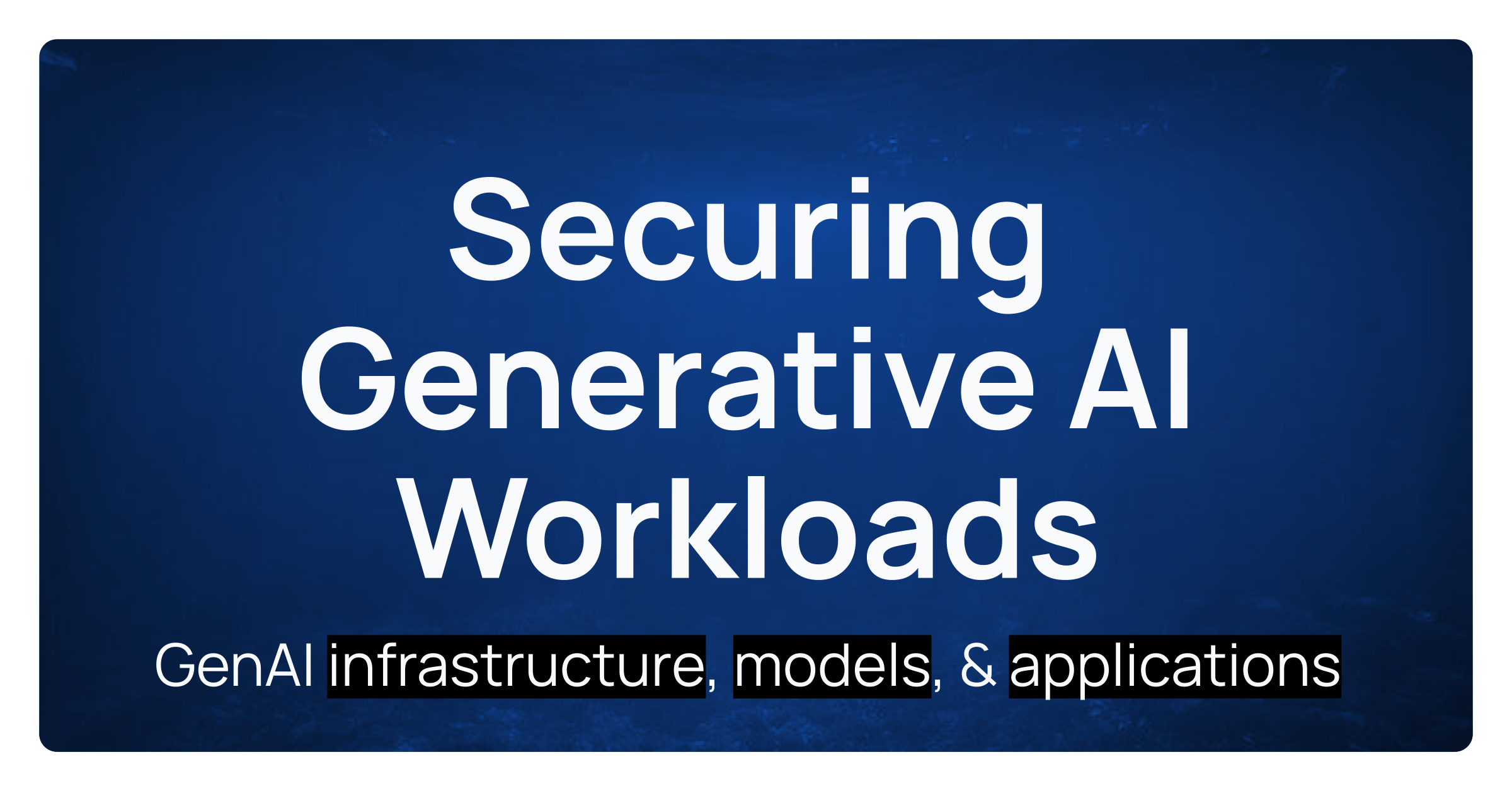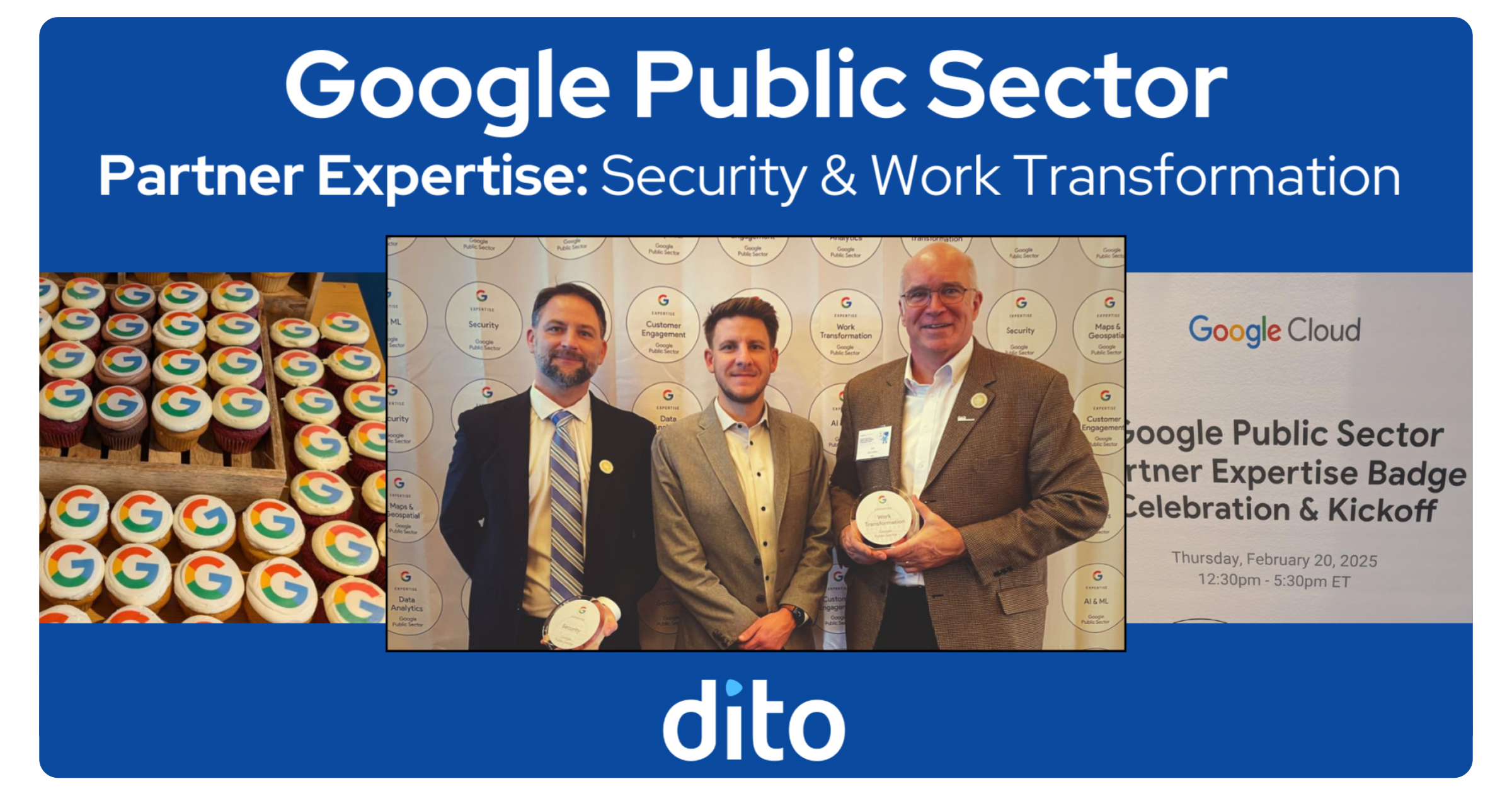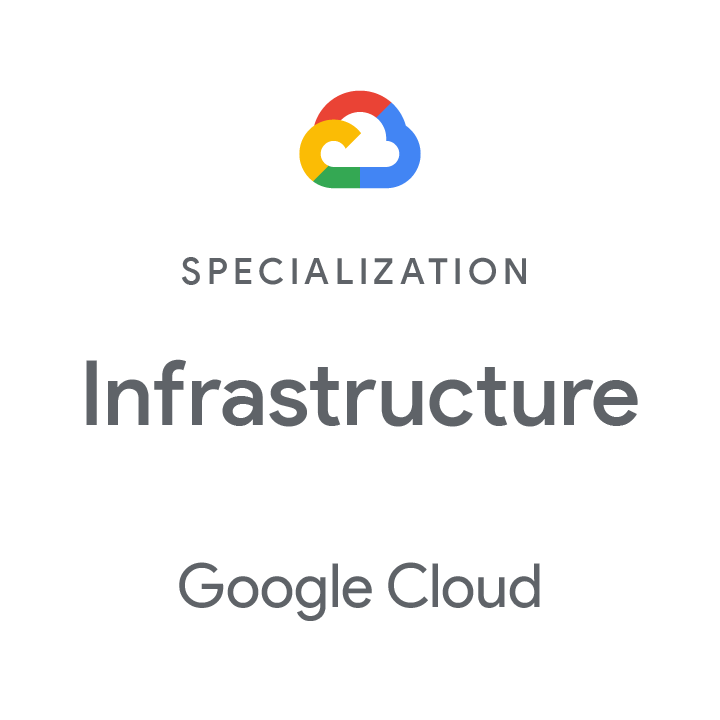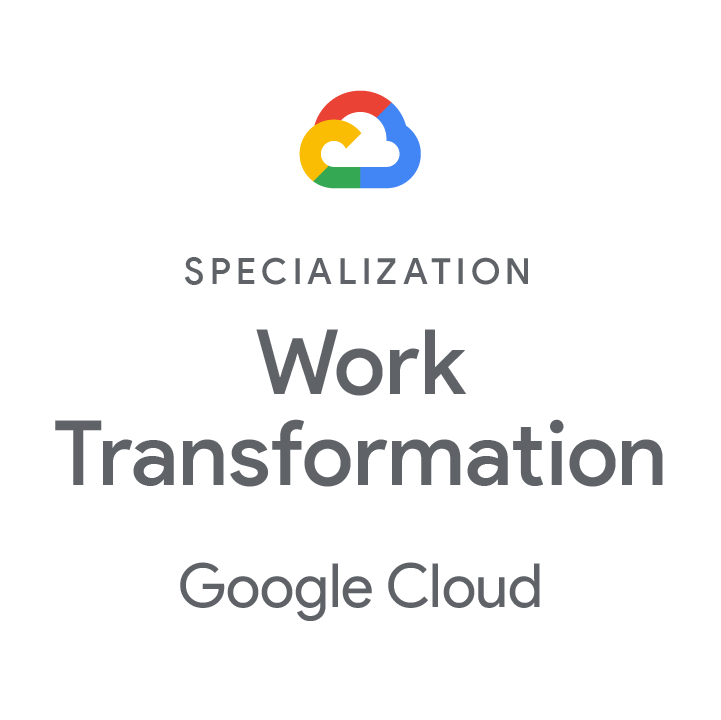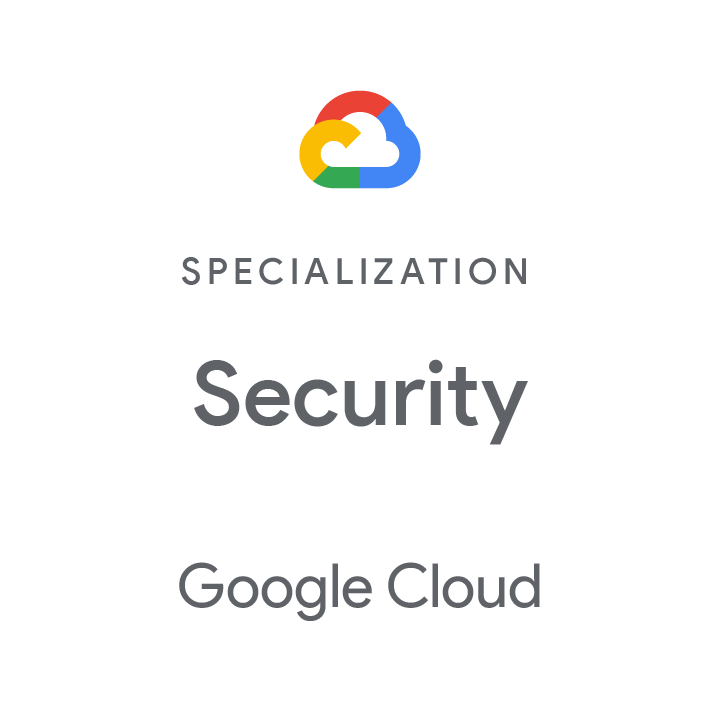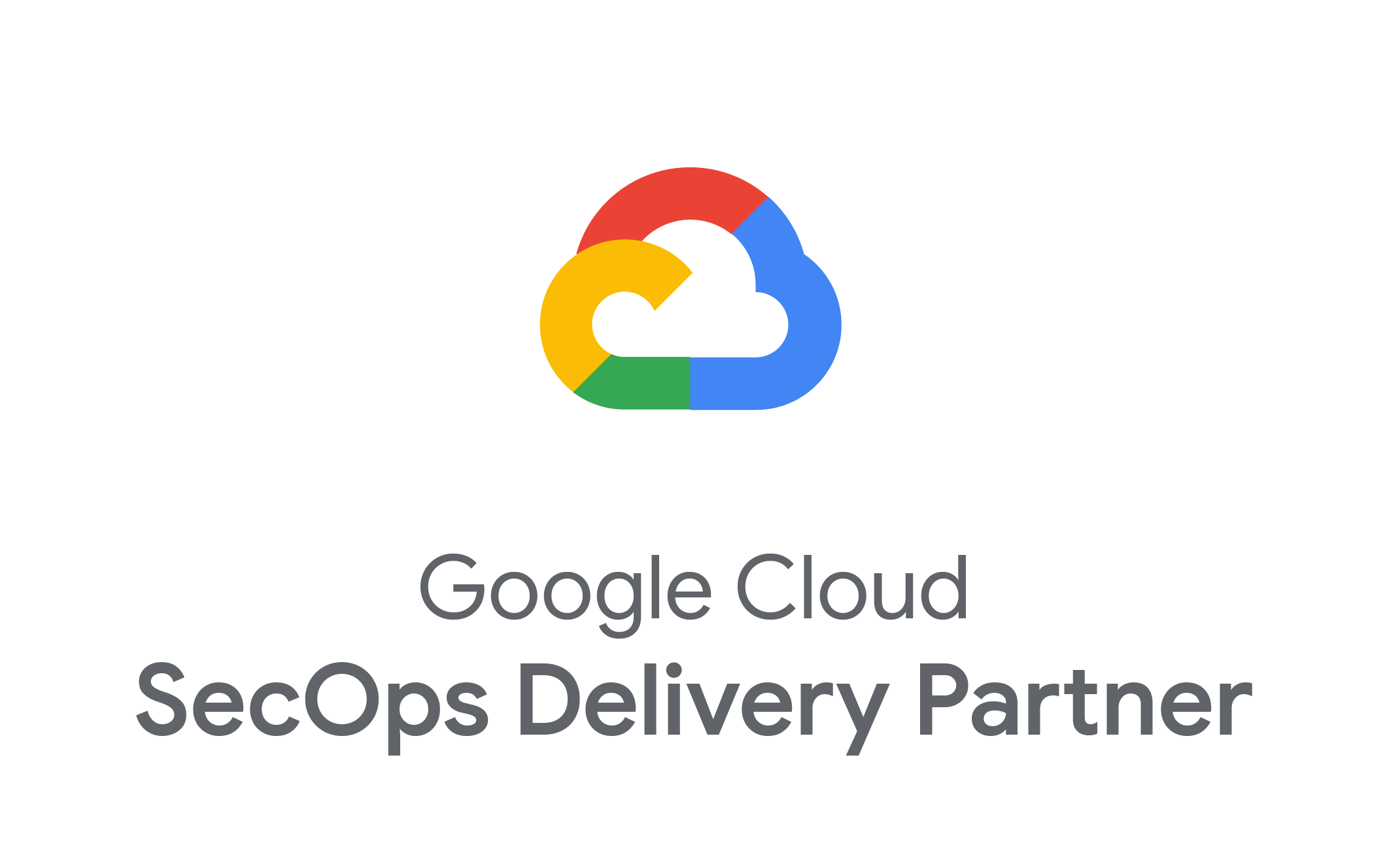The rise of on-demand jobs and gigs is giving businesses the opportunity to adjust their service models to better meet customer demands. Brands that get creative in how they blend resource sharing with on-demand roles can redefine expectations. However, it’s only possible with the right technology in place to coordinate day-to-day operations.
This is just one area where businesses that innovate effectively around shared services can gain an edge. But shared, on-demand solutions require a great deal of technology to work properly. Companies need data that helps them coordinate demands with employee capabilities and adequately anticipate what will be needed far enough in advance to keep customers happy.
Location-related data is helping companies respond to these demands. Here are a few examples of emerging services that leverage the shared economy and mapping tools to create innovative business models:
Doctor on Demand
The Doctor on Demand service works with Google Maps to allow users to see a local doctor in three minutes or less. On top of that, more than 65,000 pharmacy locations are validated and registered on maps. The result is quick, convenient access to local health care resources.
Here’s how it works:
- Instead of making an appointment and going to a waiting room, users can login to the Doctor on Demand app and make a video-based connection with physicians.
- Geolocation is used to match patients with doctors licensed in the state where they are currently located, thus ensuring compliance with regulatory laws.
- The app lets users choose a nearby pharmacy on a map to tell Doctor on Demand where to send a prescription.
Seamless
The Seamless app serves as an end-to-end food delivery and pickup solution that is emblematic of the move toward convenience in food services. Customers can view local restaurants, peruse menus, place an order and arrange a delivery, all in one place.
In the backend, the app shares data with restaurants pertaining to order timing. It also reaches out to a network of drivers to identify which individuals are the best options to get an order to a user based on geolocation data.
Seamless recently announced its ability to support rapid order pick-up options as well, letting users complete an order and get it within 15 minutes, all while avoiding lines.
Trulia
Trulia has emerged as a disruptor in the real-estate space by using robust map data that gives users more freedom when searching for their next home or apartment. With help from Google Maps, Trulia allows users to interface with highly accurate locational data by drawing free-form shapes around regions to fine-tune where they want to live.
Google Maps enables Trulia to create consistent experiences across web and mobile channels. The service also offers data visualizations highlighting key real estate data, including details on schools, transit systems, nightlife and climate-related risks, all in a single robust, on-demand interface.
Taking advantage of the on-demand economy
These are just a few examples of how companies are using location data to offer better shared and on-demand services. New use cases and emerging business models will fuel growth for many organizations, but technical innovation and integration is needed to achieve such ends.
Whether it’s a just-in-time local delivery service being requested through a mobile app, or a predictive order-ahead system using geolocation to estimate arrival time and optimize order fulfillment, there is huge opportunity to harness the potential of mapping and location services to create value.
These newer models come from collaboration across engineering teams, product managers, marketing leadership, and other pockets of ideation throughout the company. While many technology decisions are reserved for the IT department, innovation is cross-functional and only limited by the constraints placed on your creativity.
Dito can help to align your cloud and location strategies with your shifting operational demands and customer expectations. We offer strategic cloud consulting, migration, and application development services to support enterprise cloud investments.
